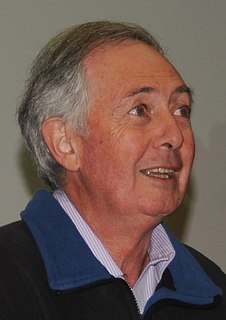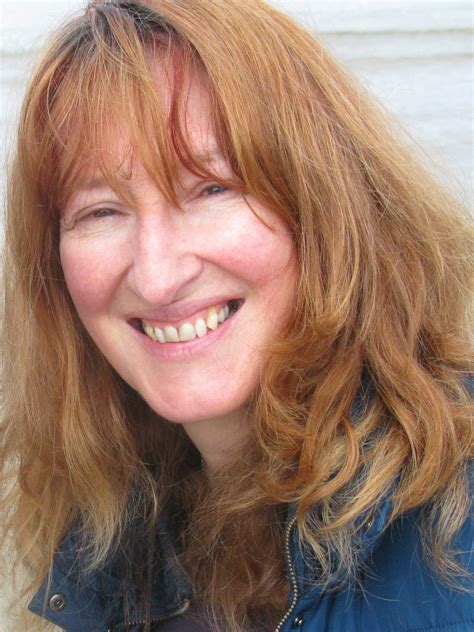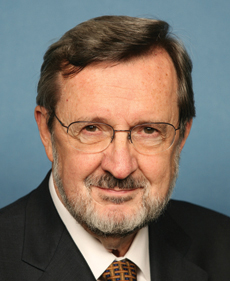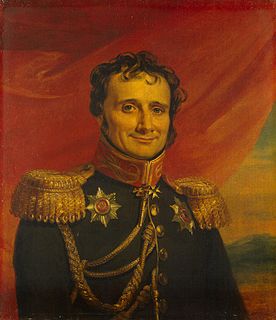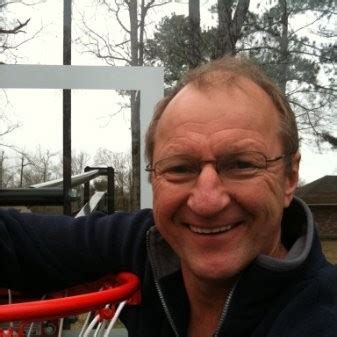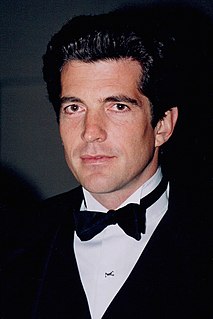Top 1200 Information Flow Quotes & Sayings - Page 12
Explore popular Information Flow quotes.
Last updated on December 23, 2024.
There are a lot of sources of information out there, so why don't you curate for yourself a list, like a real timeline of information, like the New York Times, or JetBlue, or your friends, or this comedian, or this guy who pretends to be a cat, or whatever it is, whatever entertains you, whatever you find useful.
Learn to take losses quickly and cleanly. There is something about inside information which seems to paralyze a man's reasoning powers. Beware of barbers, beauticians, waiters - or anyone - bringing gifts of 'inside' information or tips. Don't try to be a jack of all investment. Stick to the field you know best.
I try to see what the dream might be referring to - because the information in the world is being interpreted by my brain which only has the concepts derived from our five senses. So I think of the sequences in my dream as my brain doing its very best to process information in a way it knows I can deal with.
The media plays an essential role in our culture. It is the Fourth Estate; it's an undeniably essential instrument in the great American experiment - in keeping our democracy functional. People have very strong opinions about what that means and how information should be disseminated to a population that requires information.
We have a way of dealing with information that has sort of personal - personally identifying information in it. But there are legitimate secrets - you know, your records with your doctor; that's a legitimate secret. But we deal with whistleblowers that are coming forward that are really sort of well motivated.
I am confident that for the foreseeable future (barring some catastrophic event affecting economic, energy, electrical, and communications systems), many subpopulations that use information intensively (e.g., students, academics, library patrons, white collar workers) will be using some sort of portal information appliance.
Governmental surveillance is not about the government collecting the information you're sharing publicly and willingly; it's about collecting the information you don't think you're sharing at all, such as the online searches you do on search engines... or private emails or text messages... or the location of your mobile phone at any time.
What we do is we combine information collected from any lawful source in a single FBI database so we don't miss a dot when we're conducting investigations in the United States. What we make sure of, though, is nobody gets to see FISA information of any kind unless they've had the appropriate training and have the appropriate oversight.
A journalist gathers information for a media outlet that disseminates the information through a broadly defined 'medium' - including newspaper, nonfiction book, wire service, magazine, news Web site, television, radio or motion picture - for public use. This broad definition covers every form of legitimate journalism.
Consider: The human genome consists of about 3.3 billion base pairs. Since there are only four types of pair, that amounts to 0.8 gigabytes of information, or about what you can fit on a CD. With a microwave radio transmitter, you could beam that amount of information into space in a few minutes, and have it travel to anyone at light speed.
I used to be skeptical when educators and technologists predicted that we may be entering a new era of oral culture, in which audible information will be at least as important as visible information. Now that I have adopted into my own daily life a device that makes music and spoken-word files easy to access from anywhere, I have tempered my skepticism.
Years ago, it was easier to make new things than it is now. The weight of experience weighs heavily, and the expectations; everybody wants to see something they haven't seen before. Now, with social media, with too much information, with the speed of information - all that is making it harder and harder to realize the objective.
Because your brain uses information from the areas around the blind spot to make a reasonable guess about what the blind spot would see if only it weren't blind, and then your brain fills in the scene with this information. That's right, it invents things, creates things, makes stuff up! It doesn't consult you about this, doesn't seek your approval. It just makes its best guess about the nature of the missing information and proceeds to fill in the scene.
The magic happens when you take facts and figures, features and benefits, decks and PowerPoints - relatively soulless information - and embed them in the telling of a purposeful story. Your 'tell' renders an experience to your audience, making the information inside the story memorable, resonant and actionable.
We still have to realize that if you are say a historian of the Civil War, you don’t know anything special about say Columbus or for that matter the 20th century. You are a consumer of that information, especially if it’s stuff like Columbus and the American Indians. That information isn’t even in history, much of it. Much of it is in anthropology or archeology.
When the rhythms of our body-mind are in synch with nature's rhythms, when we are living in harmony with life, we are living in the state of grace. To live in grace is to experience that state of consciousness where things flow effortlessly and our desires are easily fulfilled. Grace is magical, synchronistic, coincidental, joyful. It's that good-luck factor. But to live in grace we have to allow nature's intelligence to flow through us without interfering.
Then there is the further question of what is the relationship of thinking to reality. As careful attention shows, thought itself is in an actual process of movement. That is to say, one can feel a sense of flow in the stream of consciousness not dissimilar to the sense of flow in the movement of matter in general. May not thought itself thus be a part of reality as a whole? But then, what could it mean for one part of reality to 'know' another, and to what extent would this be possible?
I learned that I could control my life. You are the master of your fate. . . you are the captain of your soul. I took control and went to my space. . . My space. . . the universal energy. . . I tapped into that space of divine flow, where all beings, all things are connected. That space is real. You cannot have a meaningful life without having spiritual self-reflection. Know who you are and why you are here. When you tap into that space, divine flow, that universal energy, you become untouchable in what you are called to do.
When you love someone you do not love them all the time, in exactly the same way, from moment to moment. It is an impossibility. It is even a lie to pretend to. And yet this is exactly what most of us demand. We have so little faith in the ebb and flow of life, of love, of relationships. We leap at the flow of the tide and resist in terror its ebb. We are afraid it will never return. We insist on permanency, on duration, on continuity; when the only continuity possible, in life as in love, is in growth, in fluidity - in freedom
Generally you should act somewhere between P40 and P70, as I call it. Sometime after you have obtained 40 percent of all the information you are liable to get, start thinking in terms of making a decision. When you have about 70 percent of all the information, you probably ought to decide, because you may lose an opportunity in losing time.
Not many years ago, it was access to information and movement that seemed our greatest luxury; nowadays it?s often freedom from information, the chance to sit still, that feels like the ultimate prize. Stillness is not just an indulgence for those with enough resources ? it?s a necessity for anyone who wishes to gather less visible resources.
But it is almost impossible to communicate with them [one's spies in the enemy camp] and receive the information they possess ... Even when the general receives from his spies information of movements, he still knows nothing of those which may since have taken place, nor of what the enemy is going finally to attempt.
The key to using the Internet to extend and build relationships is to view ownership of information differently-you need to bring customers inside your business to create information partnerships ... relationships become the differentiator, more than products or services. Businesses become intertwined.
If I were writing an article for the newspaper, it would be thesis statement, information, information, supporting arguments. That would be the setup. When I'm making a documentary, the pacing of the film and the way that you sort of switch from character to character - all of those are more about storytelling than straight journalism.
How can we vote for a bill [S.744] that our own CBO says will reduce average wages in America for 12 years, increase unemployment for 7 years, and reduce per capita GNP growth over 25 years? A bill that will admit 30 million people to permanent legal status in the next 10 years? That will dramatically increase the annual immigration flow, and will double the guest worker flow?
All thoughts are just junk. Essentially, they are coming from the limited experience of past. These thoughts are useful for your survival process. You've picked up some amount of information; you want to survive in the world; this information is useful. If you're looking at life itself, these thoughts are meaningless.
An important verity about knowledge is that the brain works most effectively with consciously retained information. We more easily remember what we want to recall later. When we feed our fourteen billion brain cells with information that will enrich us and help others, we are really learning to Think Big.
Energy, health care and education are just three examples of areas in which information and information management are critically important. How are we using our energy? What appliances in homes or business are consuming the most energy? When do they consume it? Can the load be shifted? How efficient are these devices?
When we were doing the "Angel Dust" thing we got information from the National Institute of Drug Abuse because we knew that if we went out and said something about angel dust people were going to ask questions about it and we wanted to be sure we had all the information to deal with it when those questions came up. So it's all a question of being as prepared as possible out front, so that if you are going to deal with information it'll be correct. A lot of people won't check it out but some people will.
I think the most exciting thing is access to information. People's ability to document things and expose things that may have not otherwise been documented and exposed. All the information you want is available instantly, which is overwhelming, but I think can have a positive change on the political process and accountability for leaders and corporations.




